Children and Families of Adversity and Resilience (CFAR) Concentration
Children and Families of Adversity and Resilience(CFAR)
Be the difference for children and families in need
The Clinical Psychology PsyD CFAR concentration provides exceptional training in clinical child psychology. CFAR combines broad and general training in clinical psychology with emphases on normal child development, disorders of childhood and adolescence, family dynamics, and broader systems issues that influence the well-being of children and families. Students are specially trained to help those children and families who face multiple adversities and are in severe need.
An important component of the CFAR program for students in the School Psychology MA/CAGS Program will include working in settings where they are dealing with more complicated family needs and/or challenging environmental conditions, such as: low SES, substance abuse, severe disabilities, incarcerated parents, chronic medical and/or mental illness, immigration issues, and poor access to services.
Did you know?
Testimonial
CFAR Concentration for PsyD in Clinical Psychology
CFAR students begin their doctoral study with a fundamental grounding in clinical skills, including traditional assessment and psychotherapy, combined with strategies for supporting healthy family functioning, child wellness and positive youth development. Training in these fundamentals is supported by experiential learning in a variety of field sites throughout training. Students are offered additional supports in concentration-relevant Clinical Seminars and other classes that focus on the individual, the family, the community, and the broader society and culture.
In the later stages of training, CFAR students focus on underserved children and families who face multiple adversities, do not readily access existing systems of care, or do not benefit optimally from existing service models. These may be children coping with physical, developmental, learning or psychiatric disabilities; children who are exposed to various forms of family or community violence; children and families who face challenges arising from immigration or refugee status; families whose members are involved in child protection or the juvenile or criminal justice systems; and families facing substantial social, political or socioeconomic deprivation or disenfranchisement. Through classes and field placements, CFAR students acquire skills to identify risk factors, promote resiliencies from a strength-based perspective, support positive youth and family development, and utilize empirically-based and emerging “best practices” strategies. Clinical skills in assessment and intervention are supplemented by professional practice skills in multi-disciplinary collaboration, consultation, advocacy, and multi-systems analysis and intervention. CFAR maintains close linkage with other WJC training and service centers.
Two levels of involvement in CFAR are offered: Major Area of Study and Area of Emphasis. Students who seek to participate in CFAR as a Major Area of Study are recommended to declare their interest at the time of application to the doctoral program.
Students who seek to participate in CFAR as an Emphasis should fill out the Declaration of Concentration form by October 1 of their first year and return it to the Registrar and submit a copy to the Concentration Director.
Required Courses
CLI PY750 - The Ecology of Child Behavioral Health: Prevention, Intervention and Public
Policy (credits: 3)
CLI BX702 - Child/Adolescent CBT Theory and Practice (credits: 3)
CLI PA802 - Integrated Assessment: Child (credits: 3)
Recommended
CLI PA604 - Psychological Assessment of Child and Adolescent Disorders (credits: 3) - this course also qualifies as a CFAR elective
Two of the following concentration electives are required1
CLI AA600 - Advanced Assessment: Integrated Team Clinic (credits: 3)
CLI AC615 - Assessment and Treatment of Individuals of African and Caribbean Heritage
(credits: 2)
CLI AM602 - Clinical Work with Asian/Asian Americans (credits: 2)
COU CC551 - Clinical Work with Latinos in the United States (credits: 2)
COU CN632 - Interventions When Working With LGBTQIA+ People and their Families3 (credits: 3)
SCH CS790 - Clinical Seminar in Assessment with Latino Populations I (credits: 1)4 and SCH CS791 - Clinical Seminar in Assessment with Latino Populations II (credits: 1)4
CLI CX525 - Parent-Child Interaction Therapy (credits: 2)
COU ET601 - Practical Approaches in Expressive Arts Therapy (credits: 3)
COU GR501 – Group Counseling and Psychotherapy (credits: 3)
CLI GR524 - Group Psychotherapy: Theory, Practice and Clinical Application (credits: 3)
CLI MH512 - Children, Families and the Law (credits: 2)
CLI MV515 - Military Families and the Cycle of Deployment (credits: 1)
CLI NP601 - Neuropsychological Assessment2 (credits: 3) in combination with CLI NP670 - Neuropathology2 (credits: 2)
SCH PA760 - Bilingual and Culturally Competent Assessment (credits: 2)
CLI PS602 - Pediatric Psychology (credits: 2)
CLI PT785 - Interpersonal Psychotherapy: An Empirically Supported Psychological Treatment (credits: 2)
CLI PY520 - Child Psychotherapy (credits: 2)
CLI PY621 - Advanced Seminar: Childhood and Adolescence Clinical Practice (credits: 2)
CLI PY740 - Preventive Mental Health Programs for Children and Families (credits: 2)
SCH SB523 - Addressing Substance Abuse in Schools (credits: 2)
SCH SN512 - Educating Children and Adolescents with Special Needs (credits: 3)
CLI TR530 - Trauma and Resilience: Family, Community, and Global Perspectives (credits: 2)
COU TR602 - Trauma: Theory and Treatment (credits: 3)
CLI TC556 - Understanding System-Involved Youth (credits: 2)
- This list represents a sample of the elective courses offered. If you have questions about another elective not listed here, please contact the CFAR
- NP601 and NP670 together count as one CFAR elective. These courses are often required for CFAR students co-concentration in Neuropsychology. If you have questions about this special circumstance, please reach out to the CFAR Concentration Director.
- COU CN632 counts as a CFAR elective when assignment (i.e., book report and resource project) topics focus on youth and/or families.
- CS790 and CS791 together count as one CFAR elective. These courses are often required for CFAR students co-concentration in Latino Mental Health. If you have questions about this special circumstance, please reach out to the CFAR Concentration Director.
Recommended Sequence
While the following sequence of courses is recommended, students are encouraged to meet with their advisor and concentration director to discuss their own academic plan.
Year 1
- Attendance at twice monthly CFAR meetings (Tuesdays)
- Adult, adolescent, or pediatric fieldwork (Adult field placement year cannot solely be college counseling site)
- CLI PY750 - The Ecology of Child Behavioral Health: Prevention, Intervention and Public Policy (credits: 3)
Year 2
- Attendance at twice monthly CFAR meetings (Tuesdays)
- Adult, adolescent, or pediatric fieldwork (Adult field placement year cannot solely be college counseling site)
- CLI BX702 - Child/Adolescent CBT Theory and Practice (credits: 3)
- CLI PA802 - Integrated Assessment: Child* (credits: 3)
- Highly Recommended: CLI PA604 - Psychological Assessment of Child and Adolescent Disorders (credits: 3)
- CLI PY750 - The Ecology of Child Behavioral Health: Prevention, Intervention and Public Policy (credits: 3) (if not taken previously)
Years 1-4
- Two (2) CFAR approved electives
Years 3-5
- Field Placement
Field Placement
- One year of practicum primarily youth/family, supervised by any licensed mental health clinician, (i.e., 640 hours)
- 960 cumulative hours^ of practicum and/or predoctoral internship training primarily with youth/family, supervised by a licensed psychologist
^Hours are overall, not exclusively face-to-face service hours.
Doctoral Project
Clinical Psychology students who are completing a Major Area of Study in the CFAR concentration will be required to complete a doctoral project in an area related to the content of the CFAR concentration. In general terms, this includes studies on children, adolescents or families, studies on services provided to children, adolescents, or families, or studies with a developmental perspective, i.e., considering how features of childhood or adolescence are associated with later functioning. Each doctoral project topic needs to be approved by the CFAR director.Additional Requirements
All CFAR Major Area of Study students in their first and second years are required to attend special meetings, largely didactic presentations and case presentations, scheduled once to twice per month.
Required Courses
CLI BX702 - Child/Adolescent CBT Theory and Practice (credits: 3)
CLI PA802 - Integrated Assessment: Child (credits: 3)
Two of the following concentration electives are required1
CLI AA600 - Advanced Assessment: Integrated Team Clinic (credits: 3)
CLI AC615 - Assessment and Treatment of Individuals of African and Caribbean Heritage
(credits: 2)
CLI AM602 - Clinical Work with Asian/Asian Americans (credits: 2)
COU CC551 - Clinical Work with Latinos in the United States (credits: 2)
COU CN632 - Interventions When Working With LGBTQIA+ People and their Families3 (credits: 3)
SCH CS790 - Clinical Seminar in Assessment with Latino Populations I (credits: 1)4 and SCH CS791 - Clinical Seminar in Assessment with Latino Populations II (credits: 1)4
CLI CX525 - Parent-Child Interaction Therapy (credits: 2)
COU ET601 - Practical Approaches in Expressive Arts Therapy (credits: 3)
COU GR501 – Group Counseling and Psychotherapy (credits: 3)
CLI GR524 - Group Psychotherapy: Theory, Practice and Clinical Application (credits: 3)
CLI MH512 - Children, Families and the Law (credits: 2)
CLI MV515 - Military Families and the Cycle of Deployment (credits: 1)
CLI NP601 - Neuropsychological Assessment2 (credits: 3) in combination with CLI NP670 - Neuropathology2 (credits: 2)
SCH PA760 - Bilingual and Culturally Competent Assessment (credits: 2)
CLI PS602 - Pediatric Psychology (credits: 2)
CLI PT785 - Interpersonal Psychotherapy: An Empirically Supported Psychological Treatment (credits: 2)
CLI PY520 - Child Psychotherapy (credits: 2)
CLI PY621 - Advanced Seminar: Childhood and Adolescence Clinical Practice (credits: 2)
CLI PY740 - Preventive Mental Health Programs for Children and Families (credits: 2)
CLI PY750 - The Ecology of Child Behavioral Health: Prevention, Intervention and Public
Policy (credits: 3)
SCH SB523 - Addressing Substance Abuse in Schools (credits: 2)
SCH SN512 - Educating Children and Adolescents with Special Needs (credits: 3)
CLI TR530 - Trauma and Resilience: Family, Community, and Global Perspectives (credits: 2)
COU TR602 - Trauma: Theory and Treatment (credits: 3)
CLI TC556 - Understanding System-Involved Youth (credits: 2)
- This list represents a sample of the elective courses offered. If you have questions
about another elective not listed here, please contact the CFAR
- NP601 and NP670 together count as one CFAR elective. These courses are often required
for CFAR students co-concentration in Neuropsychology. If you have questions about
this special circumstance, please reach out to the CFAR Concentration Director.
- COU CN632 counts as a CFAR elective when assignment (i.e., book report and resource project) topics focus on youth and/or families.
- CS790 and CS791 together count as one CFAR elective. These courses are often required for CFAR students co-concentration in Latino Mental Health. If you have questions about this special circumstance, please reach out to the CFAR Concentration Director.
Recommended Sequence
While the following sequence of courses is recommended, students are encouraged to meet with their advisor and concentration director to discuss their own academic plan.
Year 1
- Attendance at twice monthly CFAR meetings (Tuesdays)
- Adult, adolescent, or pediatric fieldwork
Year 2
- Attendance at twice monthly CFAR meetings (Tuesdays)
- Adult, adolescent, or pediatric fieldwork
- CLI BX702 - Child/Adolescent CBT Theory and Practice (credits: 3)
- CLI PA802 - Integrated Assessment: Child (credits: 3)
Years 1-4
- Two (2) CFAR approved electives
Years 3-5
- 500 cumulative hours^ of advanced practicum and/or predoctoral internship training primarily with youth/family, supervised by a licensed psychologist
^Hours are overall, not exclusively face-to-face service hours
Field Placement
- One year of practicum primarily youth/family, supervised by any licensed mental health clinician, (i.e., 640 hours)
- 500 cumulative hours^ of practicum and/or predoctoral internship training primarily with youth/family, supervised by a licensed psychologist
^Hours are overall, not exclusively face-to-face service hours.
Doctoral Project
Clinical Psychology students who are completing an Area of Emphasis in the CFAR concentration will be required to complete a doctoral project in an area related to the content of the CFAR concentration. In general terms, this includes studies on children, adolescents or families, studies on services provided to children, adolescents, or families, or studies with a developmental perspective, i.e., considering how features of childhood or adolescence are associated with later functioning. Each doctoral project topic needs to be approved by the CFAR director.
CFAR Concentration for MA/CAGS in School Psychology
School Psychology MA/CAGS students may participate in CFAR as an Area of Emphasis and can declare their interest in Year 1 or 2. Students should fill out the Declaration of Concentration form and return it to the Registrar and submit a copy to the Concentration Director.
For MA/CAGS students in School Psychology
Required MA/CAGS courses to stand in for clinical practice courses
SCH CX610 - Counseling and Psychotherapy in Schools (credits: 3)
SCH PH501 - Preventive Mental Health in the Schools (credits: 2)
Two of the following concentration electives are required1
CLI AC615 - Assessment and Treatment of Individuals of African and Caribbean Heritage
(credits: 2)
CLI AM602 - Clinical Work with Asian/Asian Americans (credits: 2)
COU CC551 - Clinical Work with Latinos in the United States (credits: 2)
COU CN632 - Interventions When Working With LGBTQIA+ People and their Families2 (credits: 3)
SCH CS790 - Clinical Seminar in Assessment with Latino Populations I (credits: 1)3 and SCH CS791 - Clinical Seminar in Assessment with Latino Populations II (credits: 1)3
CLI BX702 - Child/Adolescent CBT Theory and Practice (credits: 3)
CLI CX525 - Parent-Child Interaction Therapy (credits: 2)
COU ET601 - Practical Approaches in Expressive Arts Therapy (credits: 3)
CLI FX701 - Family Systems Theory and Practice (credits: 3)
COU GR501 - Group Counseling and Psychotherapy (credits: 3)
CLI GR524 - Group Psychotherapy: Theory, Practice and Clinical Application (credits: 3)
CLI MH512 - Children, Families and the Law (credits: 2)
CLI MV515 - Military Families and the Cycle of Deployment (credits: 1)
SCH PA760 - Bilingual and Culturally Competent Assessment (credits: 2)
CLI PS602 - Pediatric Psychology (credits: 2)
CLI PT785 - Interpersonal Psychotherapy: An Empirically Supported Psychological Treatment (credits: 2)
CLI PY520 - Child Psychotherapy (credits: 2)
CLI PY621 - Advanced Seminar: Childhood and Adolescence Clinical Practice (credits: 2)
CLI PY740 - Preventive Mental Health Programs for Children and Families (credits: 2)
CLI PY750 - The Ecology of Child Behavioral Health: Prevention, Intervention and Public
Policy (credits: 3)
SCH SB523 - Addressing Substance Abuse in Schools (credits: 2)
SCH SN512 - Educating Children and Adolescents with Special Needs (credits: 3)
CLI TR530 - Trauma and Resilience: Family, Community, and Global Perspectives (credits: 2)
COU TR602 - Trauma: Theory and Treatment (credits: 3)
CLI TC556 - Understanding System-Involved Youth (credits: 2)
- This list represents a sample of the elective courses offered. If you have questions about another elective not listed here, please contact the CFAR Director
- COU CN632 counts as a CFAR elective when assignment (i.e., book report and resource project) topics focus on youth and/or families.
- CS790 and CS791 together count as one CFAR elective. These courses are often required for CFAR students co-concentration in Latino Mental Health. If you have questions about this special circumstance, please reach out to the CFAR Concentration Director.
Please note: MA/CAGS students completing CFAR as an Area of Emphasis may graduate with 72 credits depending on the elective courses chosen.
Field Placement
- Year 1 or Year 2 in an under-served school district
- Year 3: At least 50%/600 hours of CAGS internship with a population with significant adversity
CAGS Internship Portfolio
Personal Statement to include CFAR as an area of interest.
Additional Requirement
School Psychology students with an Area of Emphasis in CFAR are expected to attend
monthly didactic presentations and case conferences in their first and second years.
Exceptions may be made in special circumstances.
Concentration Faculty

Concentration Director
Julie Ryan, PhD
View Profile

Steven Barreto, PhD
View Profile
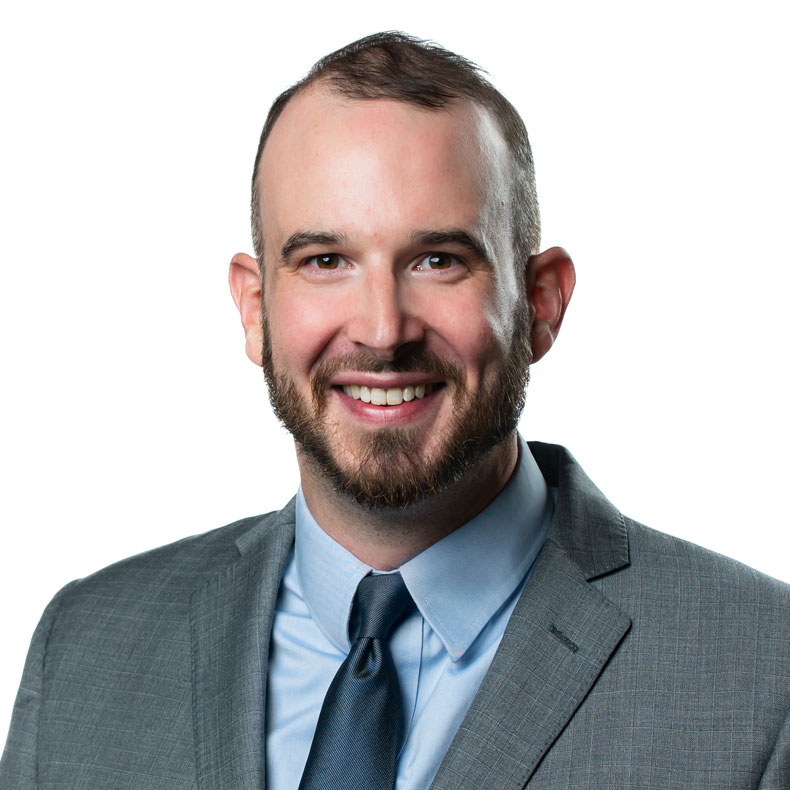
Matthew Carper, PhD
View Profile

Natalie A. Cort, PhD
View Profile

Lindsey Davis, PhD
View Profile
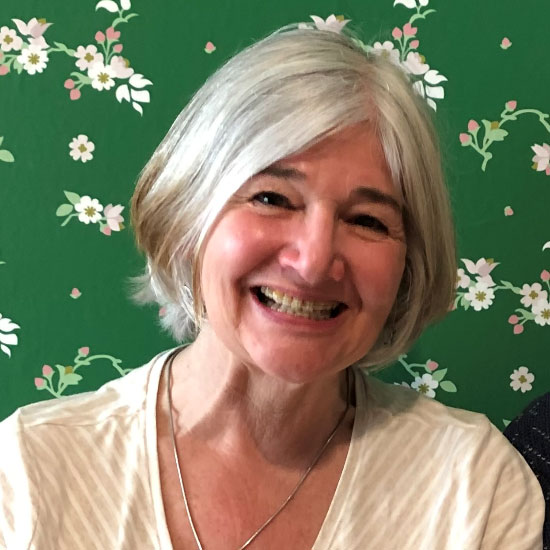
Geri Fuhrmann, PsyD
View Profile
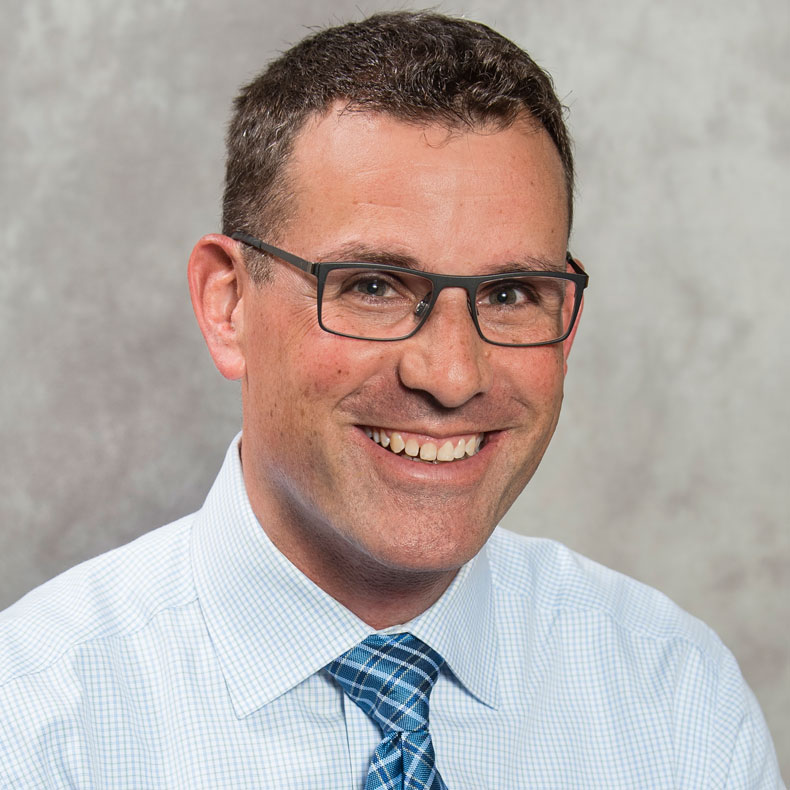
Jason Kaplan, PhD, LEP, NCSP
View Profile

Robert Kinscherff, PhD, JD
View Profile
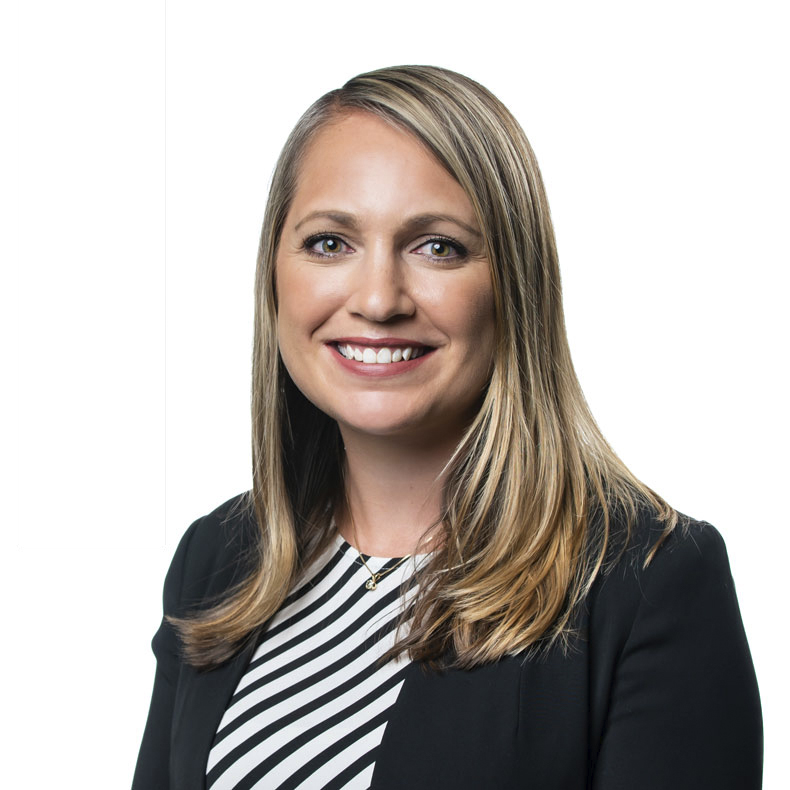
Heather MacPherson, PhD
View Profile
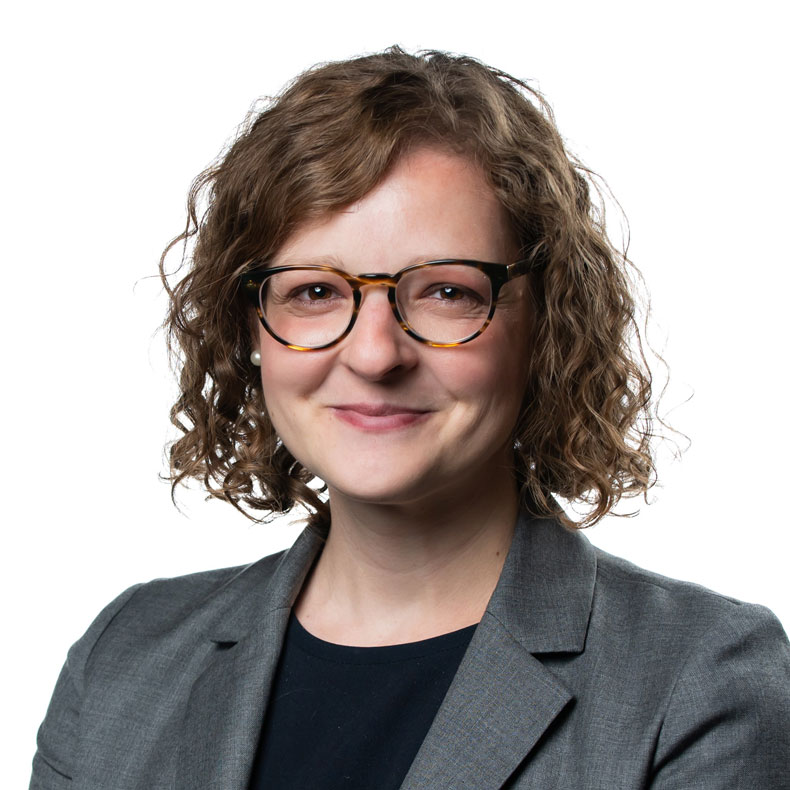
Emma Peterson, PhD
View Profile

Nadja N. Lopez, PhD
View Profile
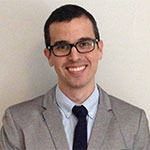
Timothy Soto, PhD
View Profile
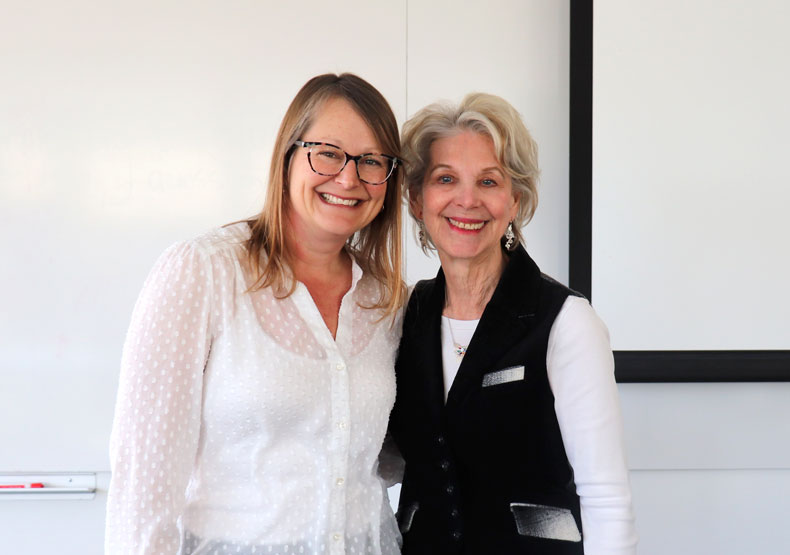
Moving the Needle Forward: CFAR Concentration Aims to Train Clinicians Keen on Supporting Children and Families Facing Adversity
Since its inception, The Sonya Kurzweil Grant Program has awarded a pair of $5,000 grants to students working on doctoral projects in the child-family specialty. The first of its kind in the history of William James College, these grants provide students financial backing while they pursue research which promises to advance knowledge of best practices for treating psychological problems that afflict children, adolescents, parents, and families. To date, grant recipients have explored topics ranging from the role of sports-based after-school programs for underserved youth in supporting their mental health to the differences in kids’ social-emotional development, and by extension outcomes, prior to versus during the pandemic.Around campus, in the community, in the news—William James College community members are leading the conversation.
School Psychology Scholarships
Students applying to the MA/CAGS in School Psychology may be eligible for the following recruitment and retention scholarships.
William James College School Psychology Lasting Impact Scholarship: $7,500 over three years
School Psychology Commitment to Social Justice Scholarship: $12,000 over three years
Learn MoreSchool Psychology MA/CAGS Program Receives Full Reaccreditation From NASP
The National Association of School Psychologists (NASP) has granted full reaccreditation to our program in school psychology for seven years, the maximum length offered.
Read MoreSeptember Return to Schools Should Take Trauma Informed Approach, Integrate Lessons Learned During Pandemic
The start of the first post-pandemic school year brought a new set of challenges. As the country started to emerge from the conditions created by the COVID-19 pandemic, there were many critical questions on the minds of school leaders, educators, and parents.
Read More


